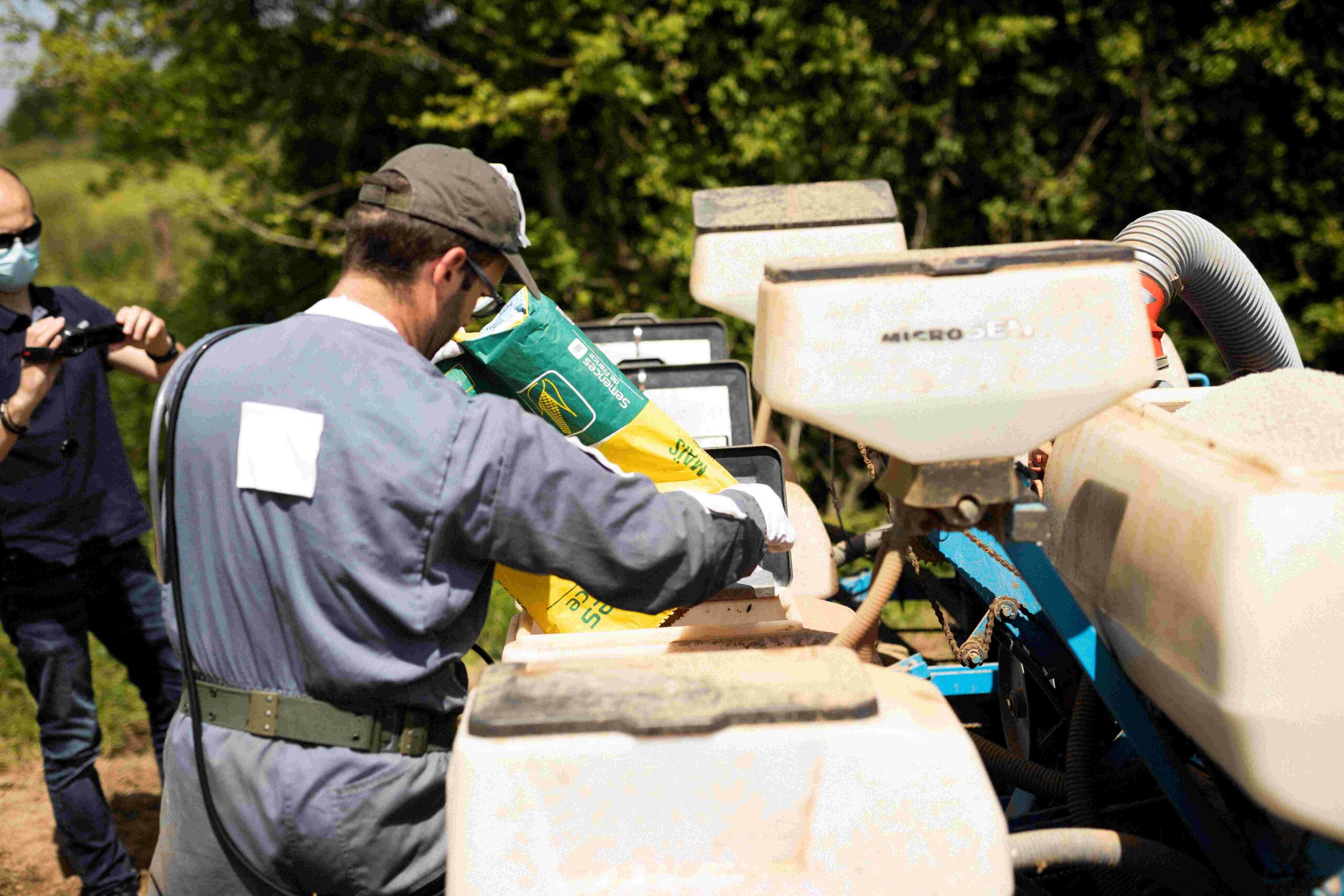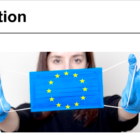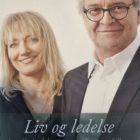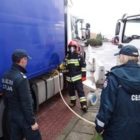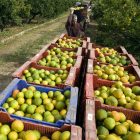Agribusiness
Poisoned farmers: exposing the myth of pesticide protection
|
Originally published by Le Monde 16th of February. Farm workers are not protected from pesticides.Their exposure has been linked to serious and deadly illnesses, including Parkinson’s disease and blood cancers.Recommended equipment, expensive, untested and rarely worn as it is, does not provide effective protection.Without this presumed protection, dangerous pesticides would be banned.French whistleblowing scientists have raised the alarm for more than a decade. They remain unheard.
Scientists preparing Jean-Baptiste Lefoulon before measuring his exposure to pesticides in the field. Photo: © Ed Alcock/MYOP for Le Monde. Jean-Baptiste Lefoulon is standing in boxer shorts in the middle of his farmyard.
